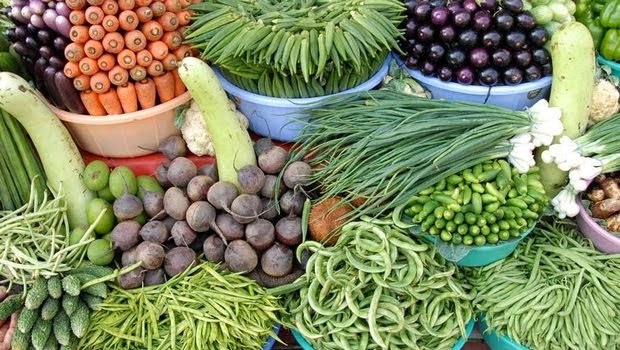Who ever has not heard of the "Litmus Test" which in Society means proving the truth! In chemistry practical classes use of litmus paper was a standard procedure in deciding the acidity or alkalinity of a solution during early days of development of chemistry. Modern tools like pH meter and other more sophisticated tools were neither available nor affordable to colleges running on shoe string budgets and litmus paper was the only means of assessing the pH of a liquid. Though many of the modern generation chemistry students might have forgotten about this simple tool, now comes the news that litmus paper may see a revival if the reports about its utility to detect microbial presence in water and some liquid foods are true. Here is a take on this significant finding.
"Litmus paper, long known as a low-tech method of testing substances for acidity, might have a new use as a cheap, quick way to test for E. coli, according to researchers at McMaster University in Ontario. The researchers correlated levels of E. coli bacteria with pH values represented by the colors to which the litmus paper changes. The work has been led by Dr. Yingfu Li of McMaster's Sentinel Bioactive Paper Network, which has a goal of finding innovative uses for paper. The researchers say that the test, which costs just a few cents, can be easily used by homeowners to test private wells or swimming pools and see the results within hours. If the paper changes color, there are bacteria present. Compare that to the current standard test for homeowners, which requires a sterile testing kit supplied by a local health authority, with the test results coming later by mail. Even public health agencies currently need laboratory personnel to perform tests of lakes and beaches for E. coli and other bacteria. If the litmus paper test shows promise outside the research environment, it could significantly hasten testing of public waters. The research team is now looking at testing methods for other food- and water-borne bacteria, including Listeria and Salmonella. They have also received a grant to develop a similar test for colorectal cancer."
If what has been reported really works out, as claimed, in many applications, litmus paper can be a valuable aid to consumers also to find out whether water they are drinking is free of organisms like E.coli. How far this is reliable and accurate under different conditions is a crucial question for which scientists will have to come out with more data. Also critical is the versatility of litmus paper in detecting the presence of more hazardous pathogens like Salmonella, Listeria and other food borne ones due to which thousands of food poisoning cases are reported world over. There is a presumptive thinking that once a sample shows positive for E.coli the same must be examined further for the possible presence of pathogens through further testing. One can be sure that the pioneering scientists who stumbled upon this new use for litmus paper will come out with more useful findings regarding the usefulness of the same.
V.H.POTTY
http://vhpotty.blogspot.com/
http://foodtechupdates.blogspot.com
V.H.POTTY
http://vhpotty.blogspot.com/
http://foodtechupdates.blogspot.com

No comments:
Post a Comment